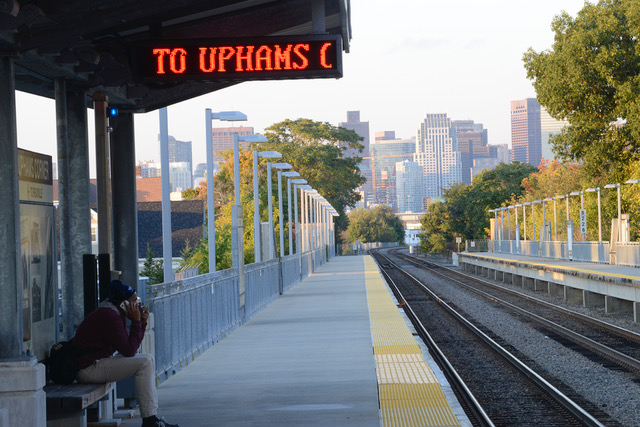
Resource Category: Local Research
While the Greater Boston region provides prime examples of racial wealth inequities within its communities, local data and research efforts have, unfortunately, been limited. The resources presented below represent critical research conducted in our “backyard”, including both landmark reporting over the decades and the most-recent research made available.
Local Research on Racial Wealth Inequity in the Greater Boston Region
Greater Boston is among the wealthiest regions in the world, but only for some. Centuries of institutional racism and economic policy decisions have left Greater Boston with staggering wealth gaps.
Unfortunately, there’s a lack of high-quality data on net asset levels at the local level, so the papers below present the best estimates we do have.
The landmark Color of Wealth in Boston study in 2015, for instance, created a novel, one-time survey estimating that the median net worth of a US-born Black family in Greater Boston was $8, while a white family’s median net worth was $247,500. This troubling finding has led to new efforts to better understand these divides in the future.
Other work in this area explores individual components of wealth, like homeownership rates, where researchers do have access to high-quality local data.

